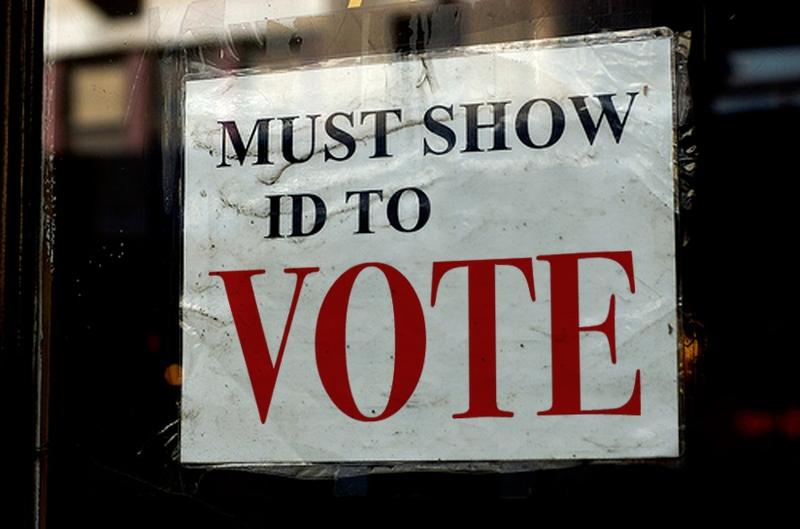Voter ID Laws, Why They Exist, and Why They Shouldn’t
In the Jim Crow South, many civil liberties were deliberately denied to African Americans. While everyone knows about the segregation of schools and public places that took place, southern states also attempted to withhold the right to vote to many. This was done through literacy tests, poll taxes, and even simply through intimidation. Of course, this did also withhold some poor whites from voting, but the main intention here was to discriminate against the African American minority. In the 1960s, these practices were done away with through legislation such as the 24th Amendment (1964) and the Voting Rights Act of 1965. Today however, there are still some states that are attempting to keep blacks from voting, and they are succeeding.
This is being done through Voter ID Laws, which require a form of identification from anyone who wants to vote. According to the Brennan Center For Justice, the “purpose” of such laws are to try and “combat voting fraud”, in rare instances where people may vote twice, in the name of a deceased person, or even when they are a convicted felon or non-citizen.
The problem with this is huge, because voter fraud barely exists. In 2004, The Brennan Center performed a case study to investigate cases of voter fraud in Wisconsin, when there were many claims of voter fraud and calls for stricter Voter ID Laws. Of the 2,997,007 votes cast in the state of Wisconsin, they found only 7 substantiated cases of voter fraud (all invalid votes coming from felons). Seven votes. That makes for a fraud rate of .0002% in the entire state.
In another study performed by the Government Accountability Office (GAO) on voter ID laws, reported by journalistsresource.org, it was noted that the Department of Justice found “no apparent cases of in-person voter impersonation charged by DOJ’s Criminal Division or by U.S. Attorney’s offices anywhere in the United States, from 2004 through July 3, 2014.”
The study also noted that in 7 out of 10 selected studies, “ID ownership among African-American registered voters was lower than among White registered voters”. The reason African Americans, and other marginalized groups for that matter, are less likely to have valid forms of ID stems from poverty. Forms of identification such as a valid drivers license or passport cost money, money that some people unfortunately do not have. Voter ID Laws are not really meant to stop the nonexistent problem of voting fraud, they are meant to stop certain people from voting.
In the 32 states that have some type of Voter ID Law in place, a vast majority are Republican-leaning, while marginalized groups are more likely to vote Democrat. According to a 2007 article by the Houston Chronicle, Royal Masset, the former political director of the Republican Party of Texas, believed that “requiring photo IDs could cause enough of a dropoff in legitimate Democratic voting to add 3 percent to the Republican vote.”
Just recently, this blatant discrimination has been seen in Alabama, another majority Republican state. In 2014 a law requiring photo ID’s was passed, and that same year saw the lowest voter turnout since 1986. To make things worse, just last month, John Archibald, a columnist for the Alabama Media Group, found that “Every single county in which blacks make up more than 75 percent of registered voters will see their [driver’s] license office closed. Every one.” Alabama also raised the fee of getting a drivers license by more than 50%. All of this only makes it harder for African Americans in Alabama to obtain IDs and vote, and that was the exact intention of such actions.
The United States Supreme Court has upheld voter ID laws as being constitutional, however preventing Americans from voting is no longer found anywhere in the constitution, with the passage of the 15th and 24th amendments (which allowed persons of any race to vote, and prohibited poll taxes, respectively). It seems that Voter ID Laws not only impose a fee that some are unable to pay (the cost of an ID), but it also simultaneously makes it harder for African Americans and other poor groups to vote. It’s 2015, surely this shouldn’t be a thing?


